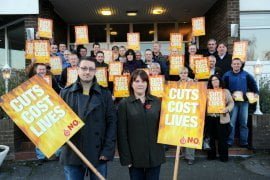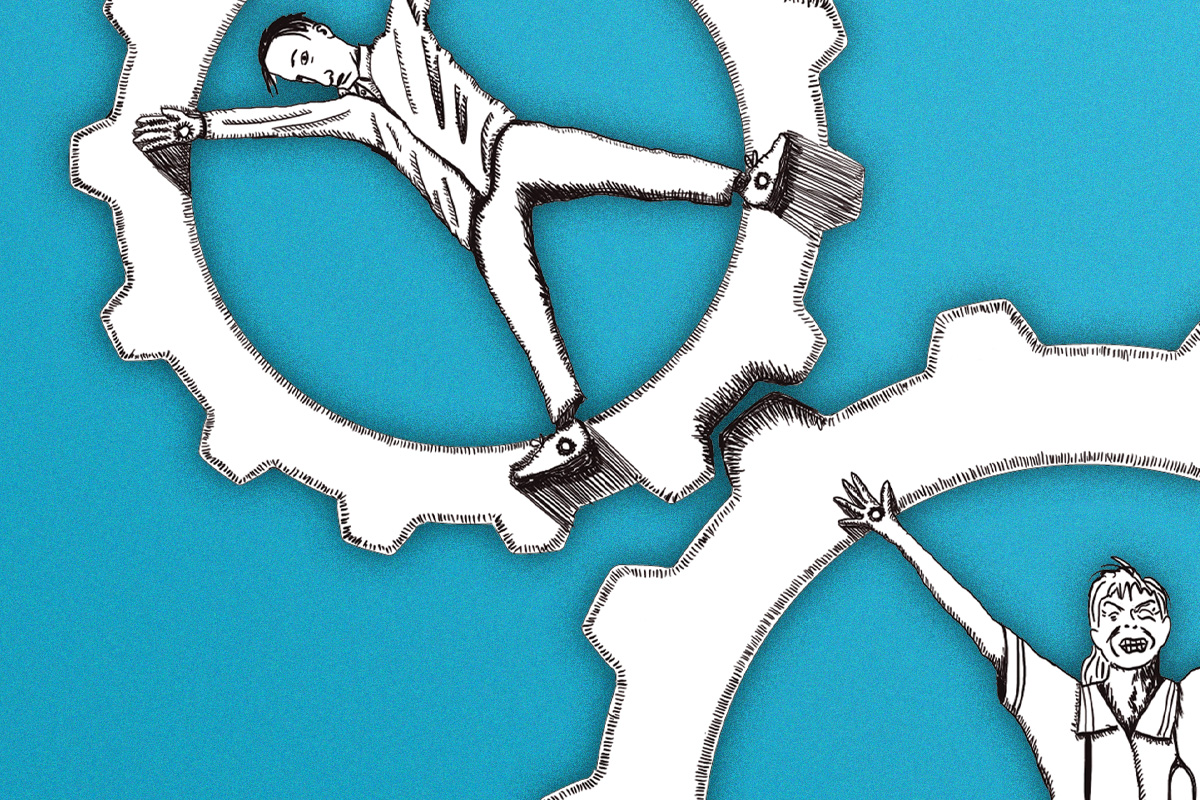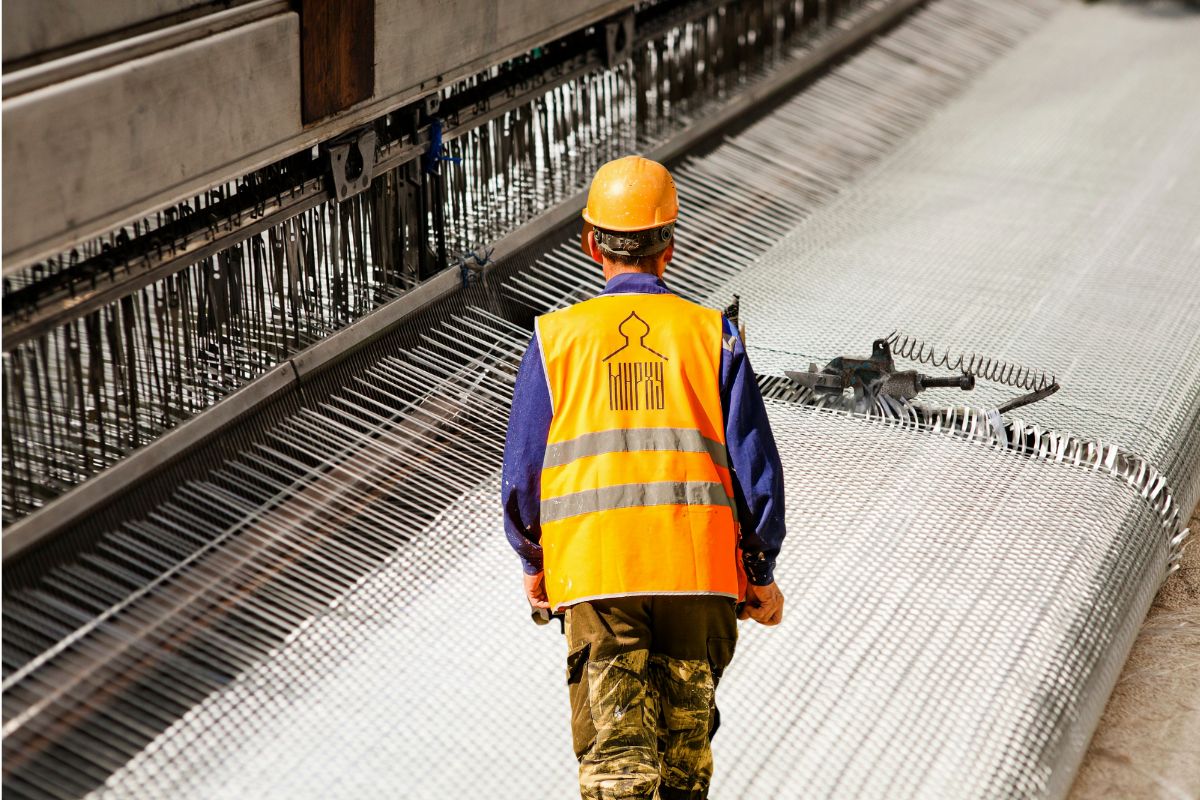Darrall Cozens – from the Coventry TUC and Coventry NW Labour Party – reports on the continued national strike action being taken by firefighters against Tory attacks on conditions and pensions, and looks at the wider context of these austerity measures at a time of capitalist crisis. It is clear that a response – both industrial and political – is needed from the entire labour movement to fight the Coalition’s austerity programme. Additional information provided by Nick Harrison from the Coventry FBU.
The festive season has not seen any let up in industrial action by fire fighters in the FBU over government plans to worsen pensions and increase the retirement age. Strike action took place on Christmas Eve from 7 to 12pm, with further strikes on New Year’s Eve from 6.30pm to 12.30am on January 1st, and again from 6.30pm to 8.30pm on January 3rd 2014.
FBU General Secretary Matt Wrack has said that FBU members are prepared for a difficult fight as the “future looks pretty bleak…for members’ pension rights”. He foresees a “long and bitter campaign” with more strikes and other industrial action including an overtime ban. Yet at the same time the FBU is willing to negotiate with the government anywhere at any time.
Retirement age put back
The immediate issues in the dispute are over the retirement age, the increasing contribution that firefighters will have to make to their pension pot, and the prospect of being dismissed on capability as they reach the end of their careers. The government wants to raise the retirement age to 60, comparing the firefighters to most other jobs, where many workers are being forced to work to 67, with the retirement age set to rise even more in the next few years.
Firefighters, however, do a job that is physically and mentally demanding for 365 days a year, 24 hours per day, seven days a week. The government’s own review into the future of firefighting concluded that up to 92% of existing firefighters will not be able to work until 60 years of age without leaving the service with a significantly reduced pension or face fitness related dismissal.
Increases in pension contributions
And then comes the real hit with pensions. At present most firefighters take home about £1,650 per month and pay about £320 per month into their pension fund. At the start of this dispute, firefighters were already paying one of the highest contribution rates of 11%. The government has since imposed further rises in these contributions to 13.2%. This is set to rise again this year, and also in 2015, so that eventually some 14.2% of the gross salary will go as pension contributions – or some 20% of net salary. But those on higher wages, such as middle and upper management, will be paying up to 17% in contribution rates from 2015!
The pension scheme is already one of the worst in the country as regards the balance between employer and employee contributions and this is set to worsen for firefighters as the employer, in effect the government, seeks to cut public spending to balance the budget and therefore is seeking to reduce the government’s contribution to the pension fund.
Under the new proposals (due to be implemented in 2015), if firefighters are forced to retire at 55, they will lose 47.1% of their pension and could end up with a £9,000 per year after having paid more than £4,000 per year into the fund for 35 years or more. And that is not the end of the matter. New recruits to the service are openly saying that they cannot afford to join the pension fund as they have mortgages and young families at a time when their real wages are falling due to below inflation wage increases. The future financial viability of the pension fund is therefore under threat.
Defending past gains requires offensive against the government
As the dispute unfolds there is a rotation of sacrifice being made by FBU members so that not all of the members are out at the same time. That explains the timing of the strike days where different watches (shifts) are affected at different times so that the financial loss in terms of lost wages is equalised amongst the members. Yet it should not be forgotten that the dispute is not about improving conditions of service nor of seeking to increase wages. It is a defensive dispute to try and protect what has been won over many years of struggle to improve wages and conditions.
However, at a time of an economic crisis of capitalism, where workers are being made to pay for a crisis they did not cause, a defensive struggle is turned into an offensive one that becomes a battle of wills between the FBU and the government as the whole rationale of government public spending cuts is being challenged by the FBU.
Put simply the FBU is asking a fundamental question on behalf of all workers who are facing cuts in wages, terms and conditions, living standards, jobs and public services: why should workers be at the receiving end of public sector cuts when the crisis has its origins in public finances being used to bail out the banking and financial system whose operations triggered the present crisis back in 2008? And because the FBU is therefore defending all workers by its actions, it deserves the support of all workers, for an FBU victory will embolden other workers to stand up and defend what they have won.
Credit-fuelled economy
The dispute, however, goes much further. Even from the government’s economic strategy, the increase in pension contributions does not make sense, as pensions are deferred wages that will be spent in 30 or 40 years time, but cannot therefore be spent today. There is also no guarantee that these deferred wages will ever be paid back if firefighters are sacked at 55 on so-called capability grounds. There are approximately 45,000 firefighters who will be contributing some £400 per month into their pension pot. That is roughly £18m per month or £216m per year of disposable income, of effective demand, being taken out of the economy. Yet economic growth can only take place if people have money that they are willing and able to spend.
But the government has no choice but to implement cuts to public services and attacks on pensions. Under capitalism, there is no alternative but austerity.
Given that not only firefighters, but workers everywhere, are seeing real incomes fall, the present fragile economic growth is being fuelled by credit as consumers max out on loans. Consumers have no other choice. Wages are at their lowest level since November 2003. Since 2007 the average weekly wage has gone up 13%, but prices have risen 22%; so real wages, the value of the money in your pocket, has fallen by 9%. Only Greece, Portugal and the Netherlands have suffered a greater fall in real income. 8m households have no savings as they have to spend what they have in order to live. In 2012 300,000 households had mortgage arrears and 34,000 homes were repossessed.
The government claims that the economy is on the mend and that therefore government policies are working. This may all sound familiar. The Bank of England states that personal borrowing, including mortgages and unsecured loans, stands at £1.43 trillion, the same level as September 2008 when the crash happened. The government is cutting its spending to reduce its deficit and is therefore attacking pension rights and public services. At the same time it is making it easier for people to build up private debt. The present growth in the economy is built on a housing bubble and consumer credit. It is a recipe for another crash and further public spending cuts.
Austerity takes us back to 1948
Osborne tells us that “austerity” for the masses will continue until 2020 at least until the government’s annual income and expenditure is in balance. The cuts so far have reduced the annual deficit from £170bn to about £120bn – so many more cuts are on the way. Cameron has said the when the budget is in balance, whatever remains of the state will be the state that the economy can afford. The “economy”, in this case, is a euphemism for capitalism – it is capitalism that cannot afford decent public services and pensions.
What do these statements mean? The crisis in the capitalist system means that working class people will suffer at least another decade of cuts, both directly in living standards and indirectly in the social wage through public service cuts. And when this is all over we will have a state – in the sense of government spending and the provision of social and public services – that will be the same as it was in 1948. All the reforms that we have gained in the post-war period are therefore under threat.
Firefighters, teachers, social workers, local government employees – in effect all public sector workers – will therefore face cuts in jobs, increasing workloads, cuts in real wages and attacks on pensions. And one of the lies that the government uses is that public sector conditions and wages must be equal to those “enjoyed” by workers in the so-called private sector. Yet in general ALL workers have seen a fall of 12 percentage points – from 65% to 53% – in the share of wealth (as measured by GDP) that has gone to wages over the past 30 years.
Responsible capitalism?
Yet again we have another example of seemingly contradictory policies by the “great and good” who own and control society. They cut the amount of wealth that goes to workers so that workers cannot buy back what it produces. So ordinary families have to resort to credit to be able to live. Credit today can create demand and expand the market, but tomorrow credit has to be paid back and therefore demand will be reduced.
It is the logic of capitalism, however, to increase profits and attack wages. The reality is that capitalism can only survive by increasing its share of the wealth – wealth that workers produce – and that means more cuts. Hence this government of capitalists find themselves in an insoluble contradiction.
Is it, therefore, not logical that the only way to prevent cuts is by a political challenge to the nature of the society that we live in? In this context, the desire of the leader of the Labour Party, Ed Miliband, for a “responsible capitalism” is seen as a pipe dream – a complete lack of understanding about the nature of the crisis. In its phase of growth and expansion capitalism was never “responsible”, so in its phase of decline it will even be less inclined to be so.
The dispute must be won
The firefighters today are in the front line. This dispute must be won, yet there are many obstacles that need to be overcome. At the end of the day it will be FBU members who will determine how this dispute is conducted. However, that should not deter other trade unionists offering support and making suggestions in a friendly and fraternal manner, for today the FBU is fighting the battle on behalf of all trade unionists and working class people.
So what should be the way forward? Firstly, the firefighters have one of the highest trade union densities in the country with some 85% of firefighters unionised. That still leaves 15%, some of whom have been involved in strike breaking through a mixture of management pressure and bribes. In Coventry, on Christmas Eve, it was reported that strike breakers were on double time and given a £100 bonus. In Leicester, it was also reported that a £750 bonus was being paid to break the strike. In other parts it is said that some three weeks before Christmas potential firefighters were recruited from the dole queues and given three weeks training!
So long as there is some degree of fire cover during strike action, the government can sit back and let the dispute take its course. That does not mean that firefighters will not leave the picket line in an emergency. We saw on Christmas Eve that in Kent and Surrey the strike was lifted due to the crisis produced by floods. Firefighters were hailed as heroes in one breath as they went out to save lives and property, yet in the next breath were condemned as they seek to defend their pensions.
Solidify the action
So what can be done to win over the strike breakers, as FBU members are not only defending their members today but also the terms and conditions of future firefighters? It will not be easy. Firefighters work under a very strict code of conduct where even certain actions in their off work time can be used for dismissal purposes under the guise of bringing the brigade in to disrepute. When FBU members are on strike, they are not at work and therefore are in fact members of the public going about their daily lives.
Yet even in this situation they are not safe from management threats and intimidation. During one of the recent strikes, three FBU members were walking up a road near the fire station when a fire engine pulled up alongside and two members of management jumped out and started threatening the FBU members with disciplinary proceedings in the new year! Yet despite these threats by management, contact has to be made with strike breakers to try and get them to join the strike. Here the support and help of other trade unionists could be useful.
Labour movement support vital
Secondly, the support of the wider trade union and labour movement is vital. The lack of information about the dispute in the media has to be overcome by other means, and that can be done by using the communication networks of the seven-million strong trade union movement. That will include information about the reasons for the strike going out to trade union branches and shop stewards committees in the work places. It will also mean FBU members going out to work places to speak to trade unionists. Again, other trade union help is vital here.
The FBU cannot be isolated as the NUM (National Union of Mineworkers) was back in the 1984-85 strike. Trade union leaders should be pressurising the TUC to come out publicly in support of the firefighters and to organise support action.
Thirdly, the possibility of a fatality happening during a strike will be used by the Tories to try and turn the public against the FBU, and in such a scenario the government may toy with the idea of banning strikes in the fire service as a prelude to banning strikes in the public sector.
We are not there yet. At the moment, according to a Guardian poll, some 85% of the public supported firefighters taking strike action over the festive period. That must be built on. In the new year the FBU, along with other trade unionists, should be out in town centres up and down the land with leaflets and petitions to explain the reasons for the dispute and build even greater public support.
Political response vital
Finally, this dispute, like all disputes at a time of capitalist crisis, will not be won by industrial action alone. It needs a political response that challenges the basis of an economic and political system that demands cuts as the only way to ensure that the system survives for the benefit of a tiny parasitical minority that owns and controls the system.
This means fighting for the socialist transformation of society where the wealth that is produced by the labour of the working class is owned and controlled by that class through its own representative organs. Only then can we banish capitalism and its austerity to the dustbin of history.






